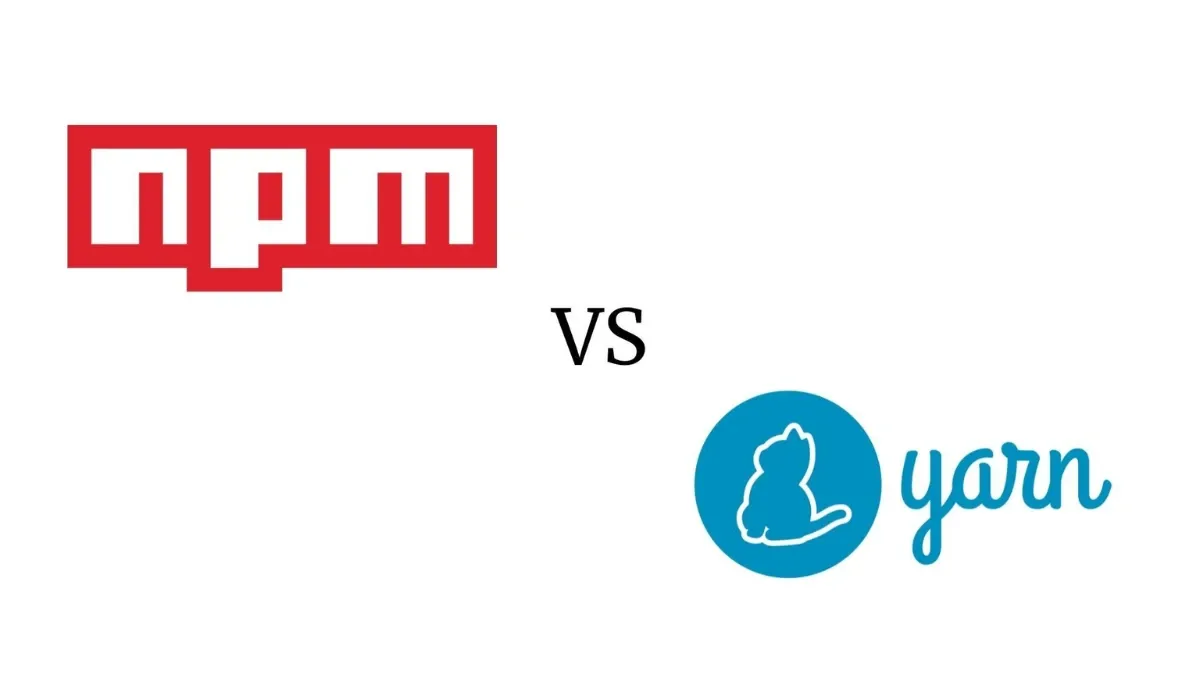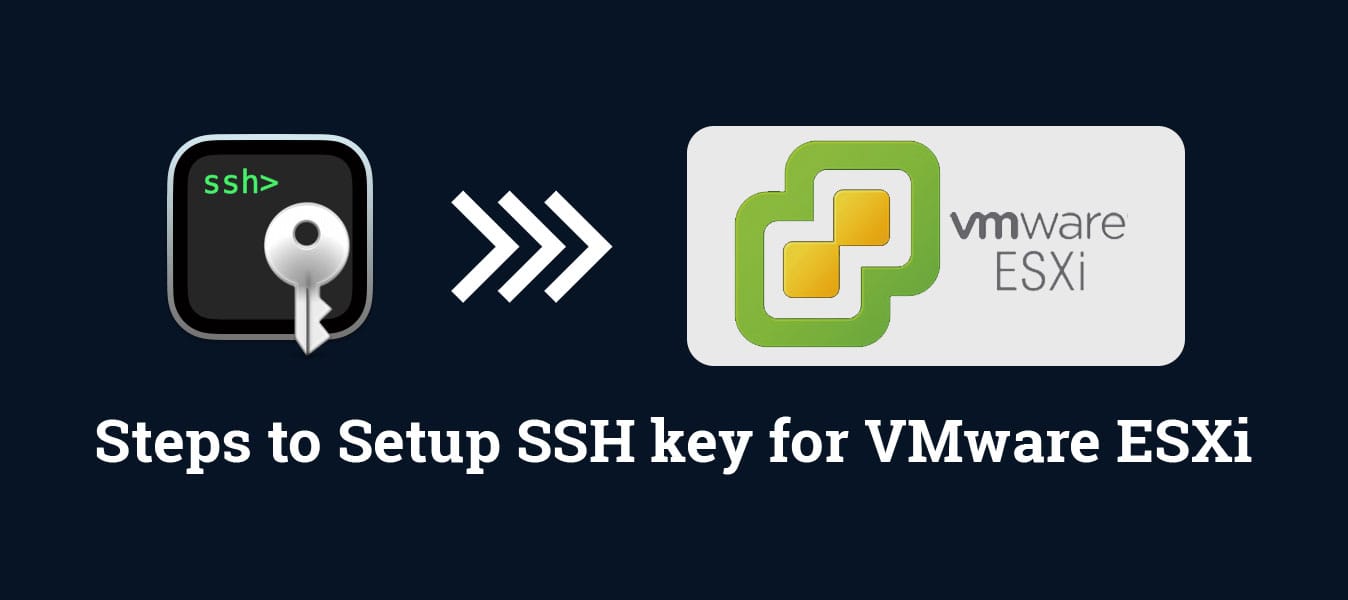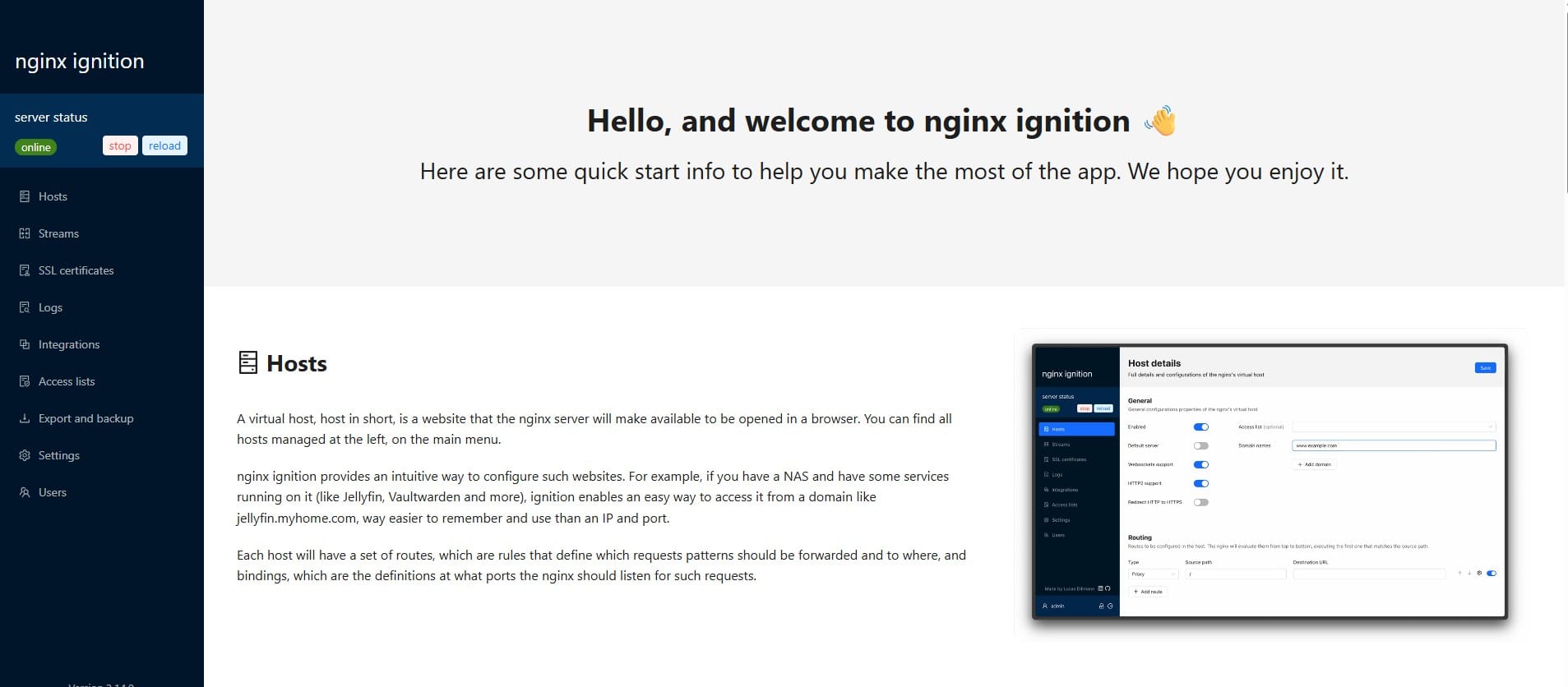What is Yarn? Differences Between npm and Yarn, and Which One to Use

What is YARN?
YARN: It stands for Yet Another Resource Negotiator and it is a package manager just like NPM. It was developed by Facebook and is now open-source. The intention behind developing YARN(at that time) was to fix performance and security concerns with NPM.
How Differences Between NPM vs YARN?
NPM and YARN are two popular package managers that help manage a project's dependencies.
Installation:
NPM is installed with Node automatically. Meanwhile, to install YARN NPM must first be installed
The lock file:
- NPM: NPM generates a ‘package-lock.json’ file. The package-lock.json file is a little more complex due to a trade-off between determinism and simplicity. Due to this complexity, the package-lock will generate the same node_modules folder for different NPM versions. Every dependency will have an exact version number associated with it in the package-lock file.
- YARN: YARN generates a ‘yarn.lock’ file. YARN lock files help in easy merge. The merges are predictable as well, because of the design of the lock file.
Output log:
NPM: NPM creates extensive output logs for its commands, essentially providing a detailed stack trace of NPM's operations. These logs can be massive and somewhat cumbersome to sift through.
YARN: YARN's output logs are clean, visually distinguishable, and concise. They are organized in a tree format, making them easier to understand and navigate.
How to Install Yarn with NPM ?
Step 1: Run the following command to install YARN globally using NPM:
sudo npm install -g yarnStep 2: Verify the installation by checking the YARN version:
yarn --versionnpm ls -gKey Features of YARN
- Speed: YARN’s parallel downloads and caching mechanism result in faster package installations.
- Deterministic Dependency Resolution: YARN uses a
yarn.lockfile to ensure all contributors on a project use the same versions of dependencies, preventing unexpected issues. - Offline Mode: YARN can install packages without an internet connection, making it suitable for environments with limited or no internet access.
- Stronger Security: YARN includes a
yarn auditfeature that checks installed packages against the NPM vulnerability database, helping developers identify and fix security issues. - Stability: YARN ensures that installations that work today will continue to work in the future.
Conclusion
Both NPM and YARN are effective package managers, each offering distinct advantages. NPM provides detailed logs and straightforward installation, making it a reliable choice for many developers. On the other hand, YARN is known for its speed, security, and stability. If you prioritize faster and more secure deployments, YARN is a strong option. However, if speed and security are not critical factors for your project, NPM remains a popular and default choice.
Do you enjoy this blog post?





